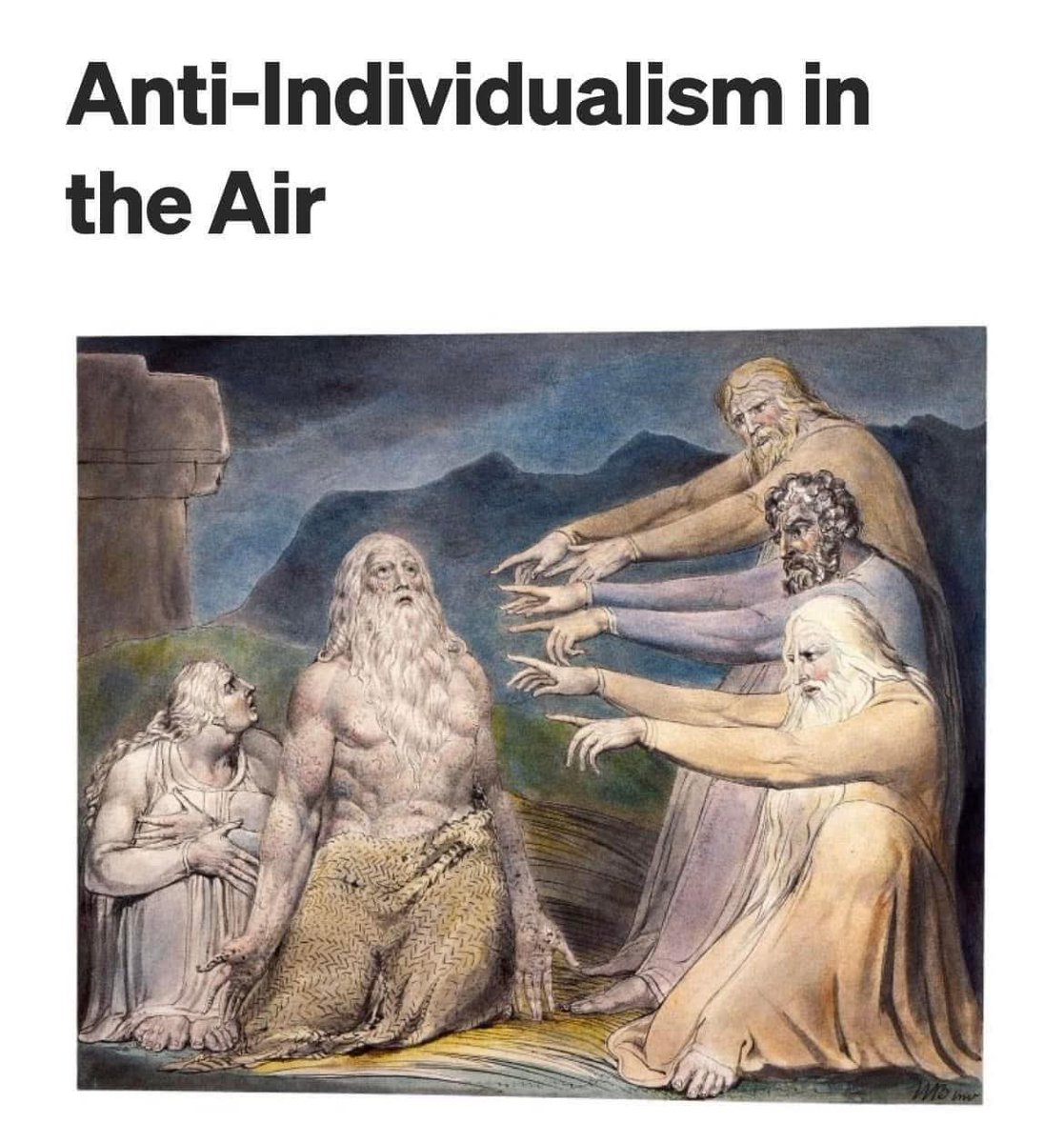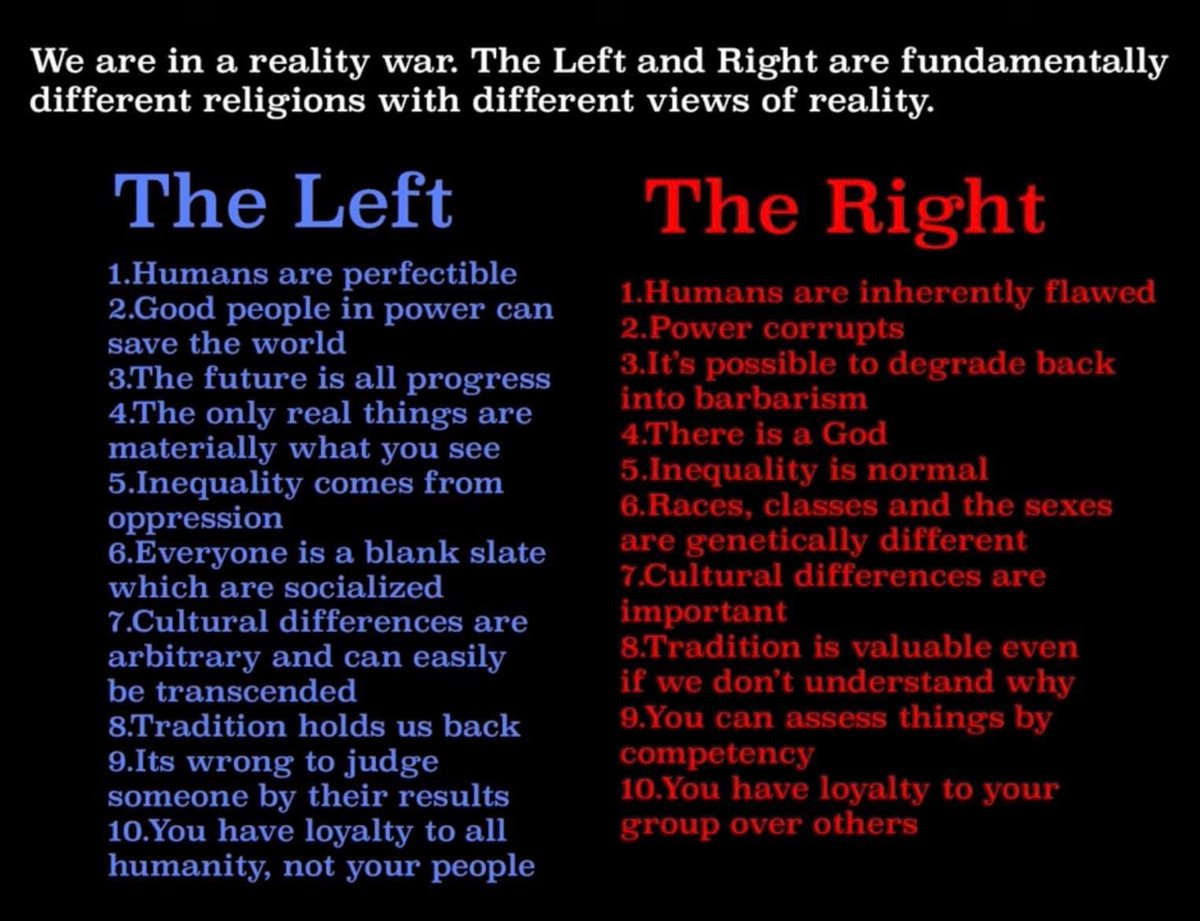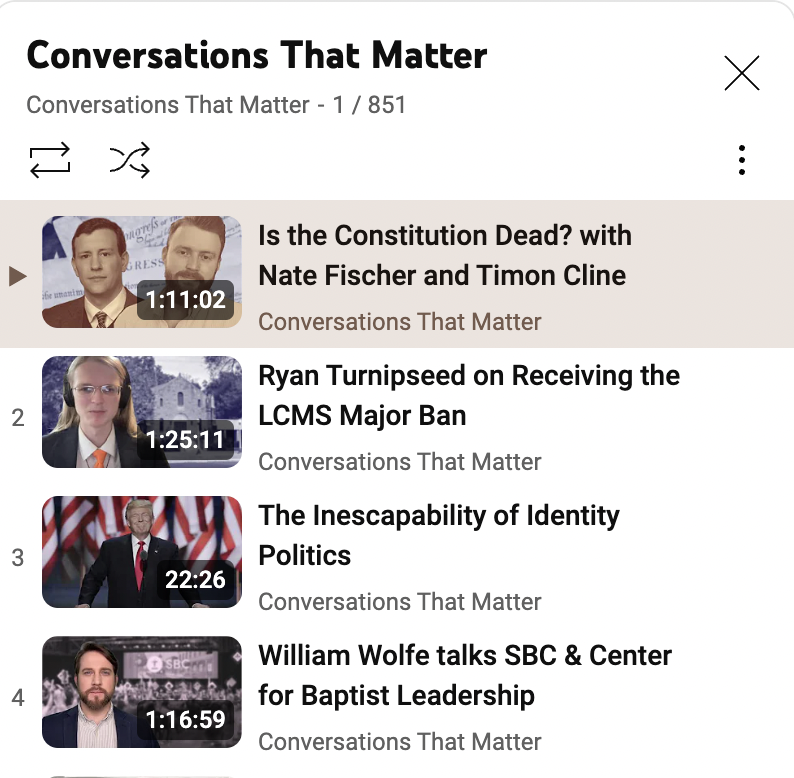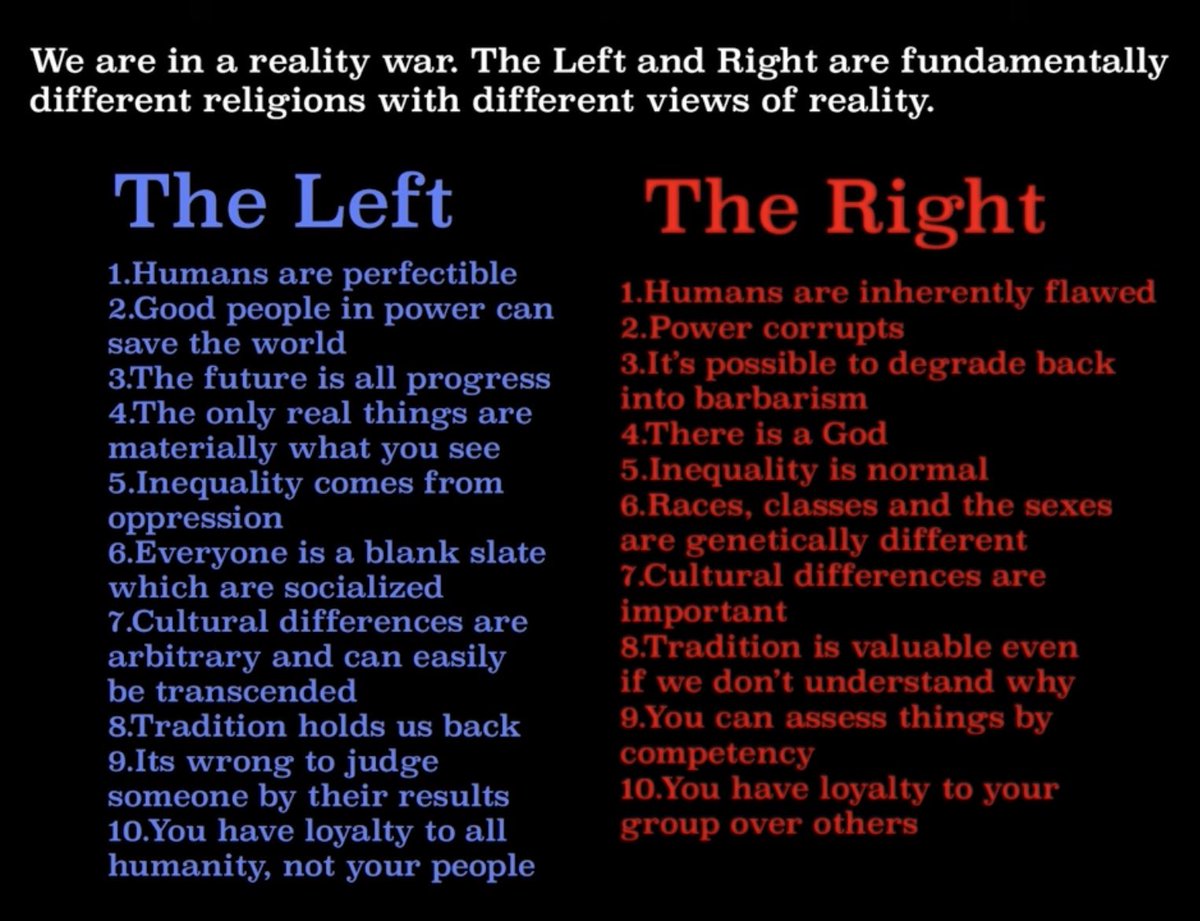
Advocating Christianity and Americanism. Co-author of Redeeming the West: https://t.co/sKjjp6ll61
How to get URL link on X (Twitter) App


 (And be right?)
(And be right?)
 The list leaves much open to interpretation.
The list leaves much open to interpretation. 
 1. @TheJollyBrawler
1. @TheJollyBrawler https://twitter.com/CodyLibolt/status/1757238902468043110

 You might have seen the recent video from @wadestotts explaining why he thinks "The Constitution is dead."
You might have seen the recent video from @wadestotts explaining why he thinks "The Constitution is dead."https://x.com/CodyLibolt/status/1794456138496508219


 Q: I get that the World Economic Forum and other global elites are powerful and pernicious.
Q: I get that the World Economic Forum and other global elites are powerful and pernicious. 


 2/5
2/5